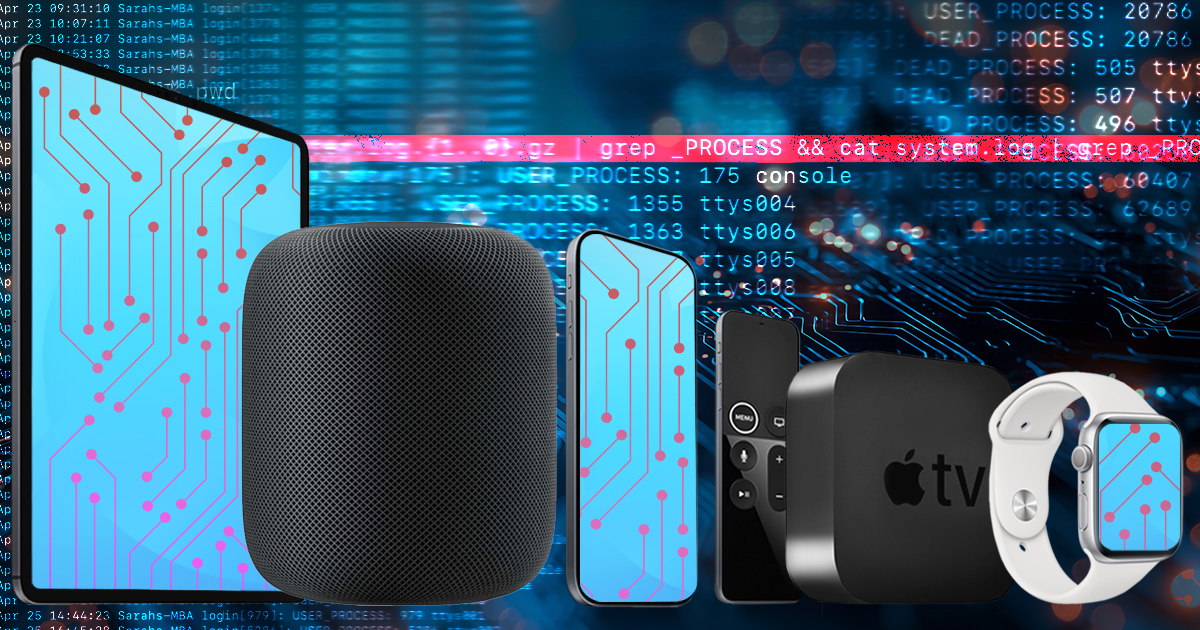Who needs access to iCloud Keychain, and why? The newly released Elcomsoft Phone Breaker 7.0 adds a single major feature that allows experts extracting, decrypting and viewing information stored in Apple’s protected storage. There are so many ifs and buts such as needing the user’s Apple ID and password, accessing their i-device or knowing a secret security code that one may legitimately wonder: what is it all about? Let’s find out about iCloud Keychain, why it’s so difficult to crack, and why it can be important for the expert.
WhatsApp is one of the most secure messengers with full end-to-end encryption. Messages exchanged between WhatsApp users are using an encrypted point-to-point communication protocol rendering man-in-the-middle attacks useless. WhatsApp communications are never stored or backed up on WhatsApp servers. All this makes government snooping on WhatsApp users increasingly difficult.
In early July, 2017, Apple has once again revised security measures safeguarding iCloud backups. This time around, the company has altered the lifespan of iCloud authentication tokens, making them just as short-lived as they used to be immediately after celebgate attacks. How this affects your ability to access iCloud data, which rules apply to iCloud tokens, for how long you can still use the tokens and how this affected regular users will be the topic of this article.
There are three major mobile operating systems, and three major cloud services. Most Android users are deep into the Google’s ecosystem. iCloud is an essential part of iOS, while cloud services provided by Microsoft under the OneDrive umbrella are used not only by the few Windows Phone and Windows 10 Mobile customers but by users of other mobile and desktop platforms.
As we already know, Apple syncs many types of data across devices that share the same Apple ID. Calls logs, contacts, Safari tabs and browsing history, favorites and notes can be synced. The syncing mechanism supposedly synchronizes newly created, edited and deleted items. These synchronizations work near instantly with little or no delay.
We’ve got a few forensic tools for getting data off the cloud, with Apple iCloud and Google Account being the biggest two. Every once in a while, the cloud owners (Google and Apple) make changes to their protocols or authentication mechanisms, or employ additional security measures to prevent third-party access to user accounts. Every time this happens, we try to push a hotfix as soon as possible, sometimes in just a day or two. In this article, we’ll try to address our customers’ major concerns, give detailed explanations on what’s going on with cloud access, and provide our predictions on what could happen in the future.
Your browsing history represents your habits. You are what you read, and your browsing history reflects that. Your Google searches, visits to news sites, activities in blogs and forums, shopping, banking, communications in social networks and other Web-based activities can picture your daily activities. It could be that the browsing history is the most intimate part of what they call “online privacy”. You wouldn’t want your browsing history become public, would you?
Cloud acquisition has been available for several years. iPhones and iPads running recent versions of iOS can store snapshots of their data in the cloud. Cloud backups are created automatically on a daily basis provided that the device is charging while connected to a known Wi-Fi network. While iCloud backups are great for investigations, there is one thing that might be missing, and that’s up-to-date information about user activities that occurred after the moment the backup was created. In this article, we’ll discuss an alternative cloud acquisition option available for iOS devices and compare it to the more traditional acquisition of iCloud backups.
Two-factor authentication is great when it comes to securing access to someone’s account. It’s not so great when it gets in the way of accessing your account. However, in emergency situations things can turn completely ugly. In this article we’ll discuss steps you can do to minimize the negative consequences of using two-factor authentication if you lose access to your trusted device and your trusted phone number. In order to keep the size of this text reasonable we’ll only talk about Apple’s implementation, namely Two-Step Verification and Two-Factor Authentication. You can read more about those in our previous blog post.
Two-factor authentication a roadblock when investigating an Apple device. Obtaining a data backup from the user’s iCloud account is a common and relatively easy way to acquire evidence from devices that are otherwise securely protected. It might be possible to bypass two-factor authentication if one is able to extract a so-called authentication token from the suspect’s computer.


